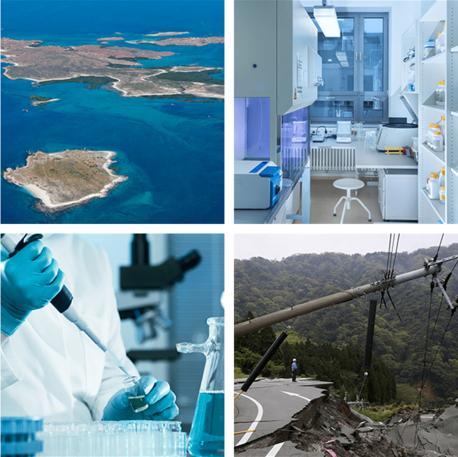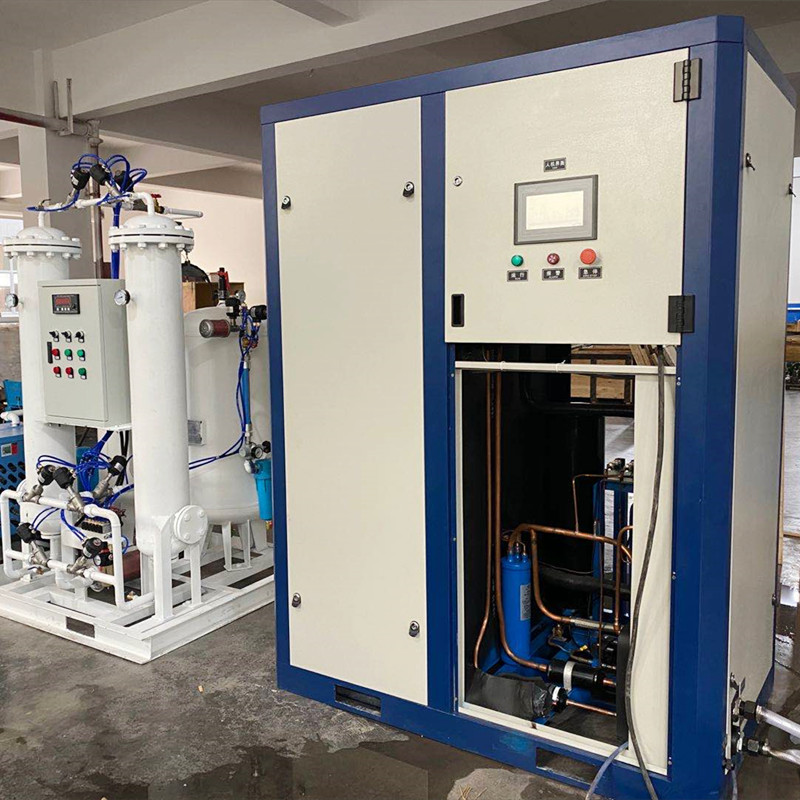Liquid nitrogen is widely used in various industries
Liquid nitrogen is a relatively convenient cold source. Due to its unique characteristics, liquid nitrogen has gradually received attention and recognition, and has been more and more widely used in animal husbandry, medical care, food industry, and low temperature research fields. , in electronics, metallurgy, aerospace, machinery manufacturing and other aspects of continuous expansion and development.
Liquid nitrogen is currently the most widely used cryogen in cryosurgery. It is one of the best refrigerants found so far. It can be injected into a cryogenic medical device, just like a scalpel, and it can perform any operation. Cryotherapy is a treatment method in which low temperature is used to destroy diseased tissue. Due to the sharp change of temperature, crystals are formed inside and outside the tissue, which causes the cells to dehydrate and shrink, resulting in changes in electrolytes, etc. Freezing can also slow down the local blood flow, and microvascular blood stasis or embolism cause cells to die due to hypoxia.

Among the many preservation methods, cryopreservation is the most widely used and the effect is very significant. As one of the cryopreservation methods, liquid nitrogen quick-freezing has long been adopted by food processing enterprises. Because it can realize ultra-quick freezing at low temperature and deep freezing, it is also conducive to the partial vitrification of frozen food, so that the food can recover to the greatest extent after thawing. To the original fresh state and original nutrients, the quality of frozen food has been greatly improved, so it has shown unique vitality in the quick-freezing industry.
Low-temperature pulverization of food is a new food processing technology developed in recent years. This technology is especially suitable for processing foods with high aromatic cost, high fat content, high sugar content and high colloidal substances. Using liquid nitrogen for low temperature pulverization, the bone, skin, meat, shell, etc. of the raw materials can be pulverized at one time, so that the particles of the finished product are fine and protect its effective nutrition. For example, in Japan, seaweed, chitin, vegetables, condiments, etc., which have been frozen in liquid nitrogen, are put into a pulverizer to be pulverized, so that the fine particle size of the finished product can be as high as 100um or less, and the original nutritional value is basically maintained.
